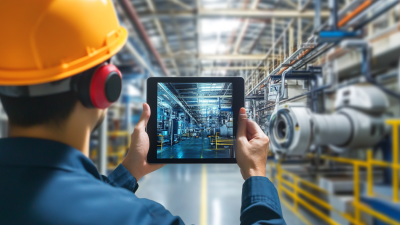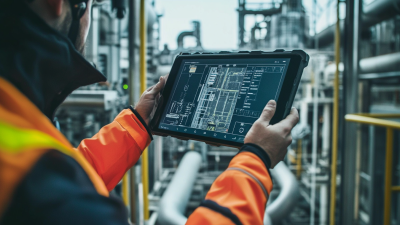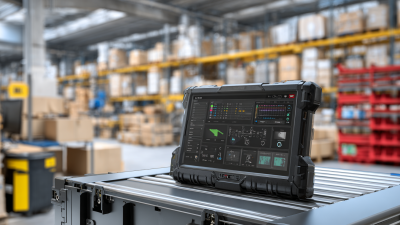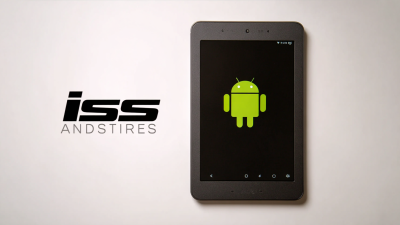Unlocking Efficiency with Android Industrial Tablets in Modern Workplaces
In today's rapidly evolving workplace, harnessing technology that boosts productivity and efficiency is essential, especially in industrial settings. According to a report by Grand View Research, the global industrial tablet market is projected to reach $2.9 billion by 2025, fueled by the increasing demand for rugged and reliable devices that can withstand harsh environments. Among the various options available, the Android Industrial Tablet stands out for its versatility and user-friendly interface, enabling seamless integration with existing systems while providing real-time data access. This adaptability not only enhances operational workflows but also significantly reduces downtime, as workers can effectively communicate and manage tasks on-the-go.
As industries continue to embrace digital transformation, understanding the benefits of Android Industrial Tablets will be crucial for businesses aiming to unlock new levels of efficiency and competitiveness.
Harnessing the Power of Android Industrial Tablets for Enhanced Workplace Productivity
In today's rapidly evolving workplaces, harnessing the power of
Android industrial tablets can significantly
boost productivity. With the recent announcement that
Android 16 will feature a revamped desktop mode
developed in partnership with innovative platforms, these devices are set to transform
how teams collaborate and streamline workflows. A study by IDC suggests that mobile
devices can improve workplace efficiency by up to
30%, underscoring the importance of adopting advanced technology in industrial environments.
To further enhance productivity, consider these tips: Firstly, leverage the
enhanced multitasking capabilities that come with
the new desktop mode. This feature allows users to run multiple applications simultaneously,
facilitating seamless transitions between tasks. Secondly, ensure that your industrial tablet
is equipped with the latest security features to protect
sensitive data, which is crucial for maintaining compliance and safeguarding business integrity.
Lastly, invest in training programs that specifically focus on
maximizing the use of Android tablets, enabling
employees to fully exploit their potential in day-to-day operations.
Embracing these technological advancements not only boosts individual productivity but also
fosters a more dynamic and efficient work culture. As companies continue to adapt to modern
demands, the role of
Android industrial tablets in driving efficiency cannot
be overlooked.

Key Features of Android Industrial Tablets That Drive Efficiency
In the fast-paced environment of modern workplaces, the integration of Android industrial tablets has become pivotal for enhancing efficiency. One key feature that stands out is their robust design, which ensures durability in challenging conditions. These tablets are built to withstand drops, dust, and moisture, making them ideal for manufacturing floors or outdoor settings. Users can rely on these devices without the constant worry of damage, fostering an uninterrupted workflow.
Another significant advantage of Android industrial tablets is their user-friendly interface. With seamless access to various applications tailored for specific tasks, employees can perform their duties with greater speed and accuracy. Tips for maximizing their potential include customizing the home screen with frequently used apps and utilizing multitasking features to switch between tasks effortlessly.
Additionally, the extensive connectivity options these tablets offer enable seamless communication and data sharing among team members. Leveraging Bluetooth, Wi-Fi, and even cellular capabilities ensures that employees stay connected to their network, facilitating real-time collaboration. To further enhance this feature, organizations should invest in cloud-based tools that integrate with their industrial tablets, streamlining project management and data analysis processes.
Real-World Applications: How Businesses Use Android Tablets to Streamline Operations
In today's fast-paced business environment, Android industrial tablets are becoming essential tools for streamlining operations across various sectors. These rugged devices are designed to withstand challenging conditions while providing businesses with powerful solutions for real-time data management and communication. For example, manufacturing companies use Android tablets for inventory control and quality assurance processes, allowing workers to quickly access information and update records directly on the shop floor. This immediate feedback loop enhances productivity and helps in maintaining high standards.
Moreover, Android tablets are revolutionizing field service management. Technicians equipped with these devices can receive work orders, access manuals, and document repairs on-site, reducing downtime and improving service efficiency. In warehousing, employees benefit from using tablets for barcode scanning and tracking shipments, ultimately leading to more accurate logistics operations. By integrating Android tablets into their daily workflows, businesses can achieve greater operational agility, leading to notable increases in overall performance and customer satisfaction.
Integrating Android Industrial Tablets into Existing Workflow Systems
In today’s fast-paced industrial environments, the integration of Android industrial tablets into existing workflow systems is revolutionizing operational efficiency. According to a recent report by MarketsandMarkets, the global industrial tablet market is projected to reach $1.4 billion by 2026, driven by the need for mobility and real-time data access on the shop floor. These devices are proving essential in industries such as manufacturing, logistics, and field service, where timely information can enhance productivity and decision-making.

The seamless integration of Android industrial tablets into established workflows offers companies numerous advantages. Research from IDC indicates that businesses adopting mobile solutions can improve employee productivity by up to 35%. By leveraging apps designed for Android platforms, organizations can streamline processes such as inventory management, quality control, and equipment monitoring. These tablets serve as powerful tools, allowing workers to collect and process data on-the-go, ultimately leading to a more agile and responsive operational framework. The ability to integrate these devices with IoT and cloud-based systems further amplifies their potential, providing a comprehensive view of operations and enhancing collaboration across teams.
Future Trends: The Role of Android Tablets in Shaping Smart Workplaces
In the era of remote and hybrid workforces, the integration of Android tablets into modern workplaces is becoming increasingly significant. These versatile devices not only enhance efficiency but also tie into the broader trend of Bring Your Own Device (BYOD) policies. As companies embrace BYOD, there is a growing emphasis on ensuring that employees can seamlessly utilize their personal devices for work purposes. Android tablets, with their adaptability and array of applications, are well-equipped to support this transition, offering intuitive interfaces for communication and collaboration.
Looking ahead, the role of Android tablets in shaping smart workplaces is poised to expand further. Recent advancements, such as stylus support in new tablet models, highlight the trend towards creating more interactive and user-friendly environments. This will facilitate tasks that require precision and creativity, making tablets essential tools for productivity. Coupled with emerging technologies like smart appliances and collaborative software, Android tablets could redefine what it means to work efficiently in a connected workspace, allowing teams to function seamlessly regardless of their physical location.

Home
Products
Solutions
MDM Software
OEM/ODM
About Us
About 3Rtablet
Quality Control
Contact Us
News
New Product Launch: 3R Rugged Tablet PC: AT-10AL—Powerful Customization with Yocto System
3Rtablet: Enhancing Your Off-Road Adventures,Your Ultimate Off-Road Companion
3Rtablet: Powering Productivity in Construction and Agriculture
Choosing Your Ideal Linux Rugged Tablet: Why Opt for Yocto?
Choosing Your Ideal Linux Rugged Tablet: Why Opt for Debian?
Yocto VS Debian - Choosing Between Yocto and Debian
GMS Certified Android Device: Ensuring Compatibility, Security and Rich Functions
New Arrivals: Rugged Android 12.0 or Linux Yocto OS Vehicle Telematics Box for Vehicle Applications in Various Sectors
Rugged Tablet For Taxi Dispatch
Rugged Driver Tablets Revolutionize Safety and Efficiency in Mining Operations
Rugged In-Vehicle Tablets Power the Growth of IoT Revolution in Modern Industries
VT-7A PRO: New Android 13 Rugged Vehicle Tablet with GMS Certification
Taxi Dispatch Rugged Vehicle Tablet: Taximeter Ruggedized Car Tablet PC with CANBUS MDT Terminal Is Bound to Make an Impact in Your Business
Sick and Tired of Doing Fleet Management the Old Way? Read This! Discover Smarter Solutions with MDT Terminals, Rugged Vehicle Tablets, MDM Platforms, and More
Global Memory Supply Faces Severe Disruptions Amid AI-Driven Demand Surge
Public Transportation Transformation Accelerates: Rugged Tablets Become the Brain of the Smart Bus
Smart Anti-Collision System Unveiled: Rugged Tablet Integrates Advanced Al Pedestrian Detection Reversing Camera Technology
Driving Forward Together | Merry Christmas from 3Rtablet
Experience Durability: How 3Rtablet Redefines the Standards of a China Leading 7 Inch Tablet Rugged Factory
A Comprehensive Buyer’s Guide to Selecting a China Leading IP67 Rugged Devices Supplier
FAQs
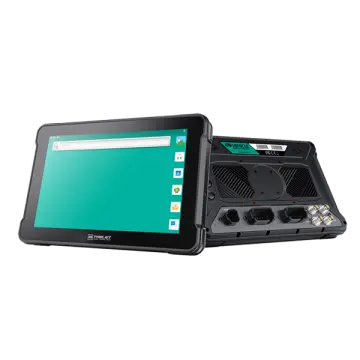 AT-10A
AT-10A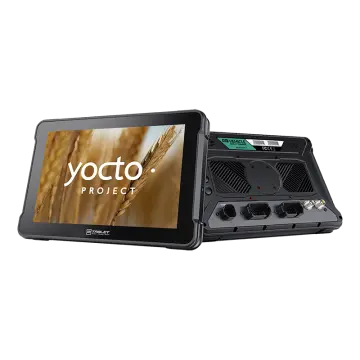 AT-10AL
AT-10AL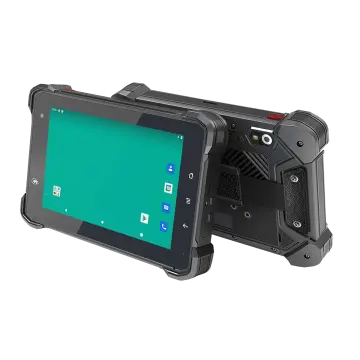 VT-7 GA/GE
VT-7 GA/GE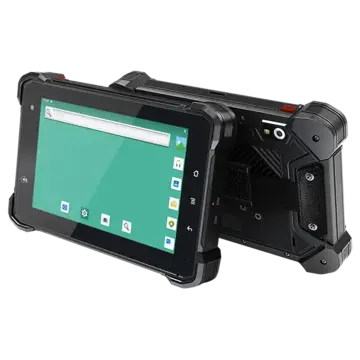 VT-7 Pro
VT-7 Pro VT-7 PRO (AHD)
VT-7 PRO (AHD) VT-7A
VT-7A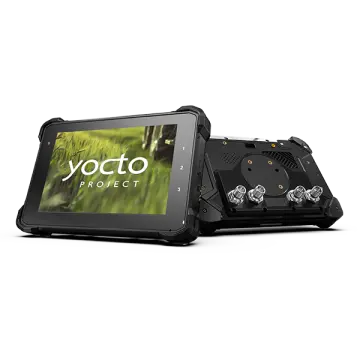 VT-7AL
VT-7AL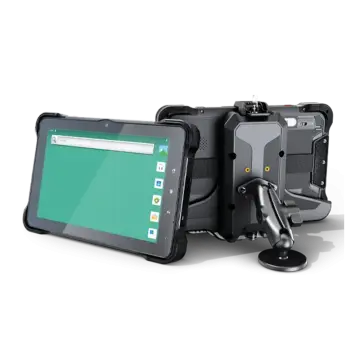 VT-10
VT-10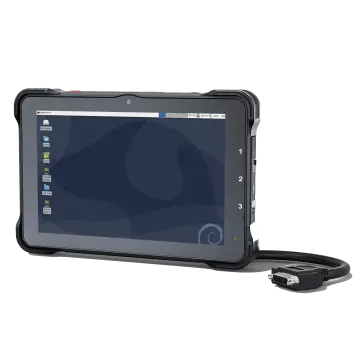 VT-10 IMX
VT-10 IMX VT-10 Pro
VT-10 Pro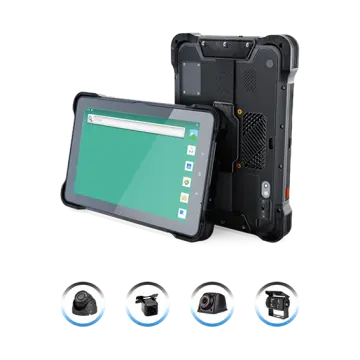 VT-10 Pro AHD
VT-10 Pro AHD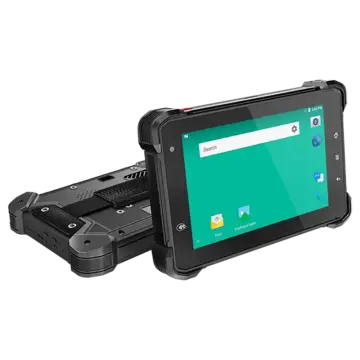 VT-7
VT-7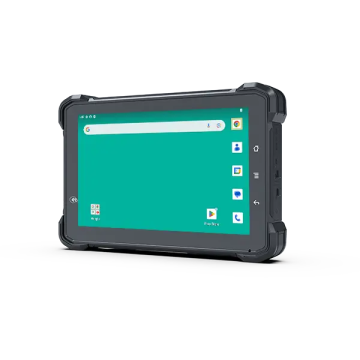 VT-7A PRO
VT-7A PRO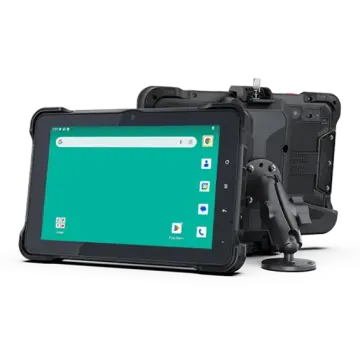 VT-10A Pro
VT-10A Pro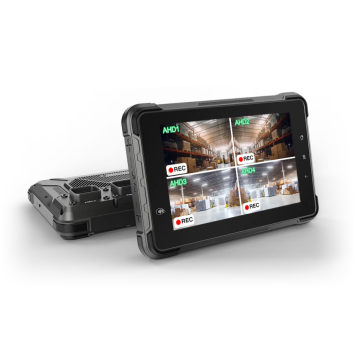 ST-7 Rugged Table
ST-7 Rugged Table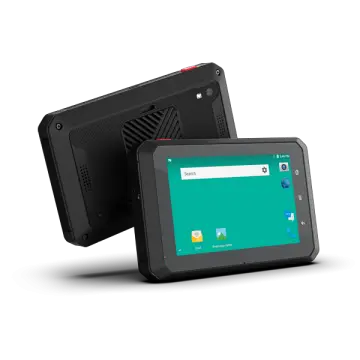 VT-5A
VT-5A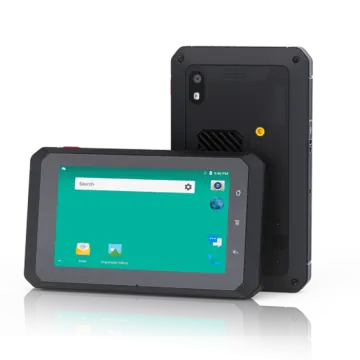 VT-5
VT-5 VT-BOX
VT-BOX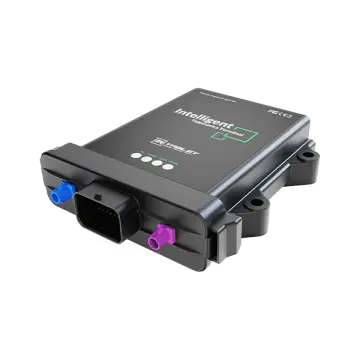 VT-BOX-II
VT-BOX-II AI-MDVR040
AI-MDVR040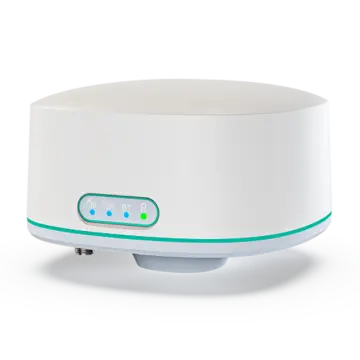 AT-B2
AT-B2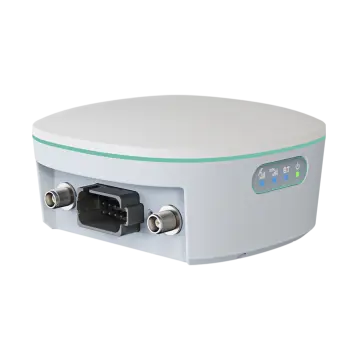 AT-R2
AT-R2


